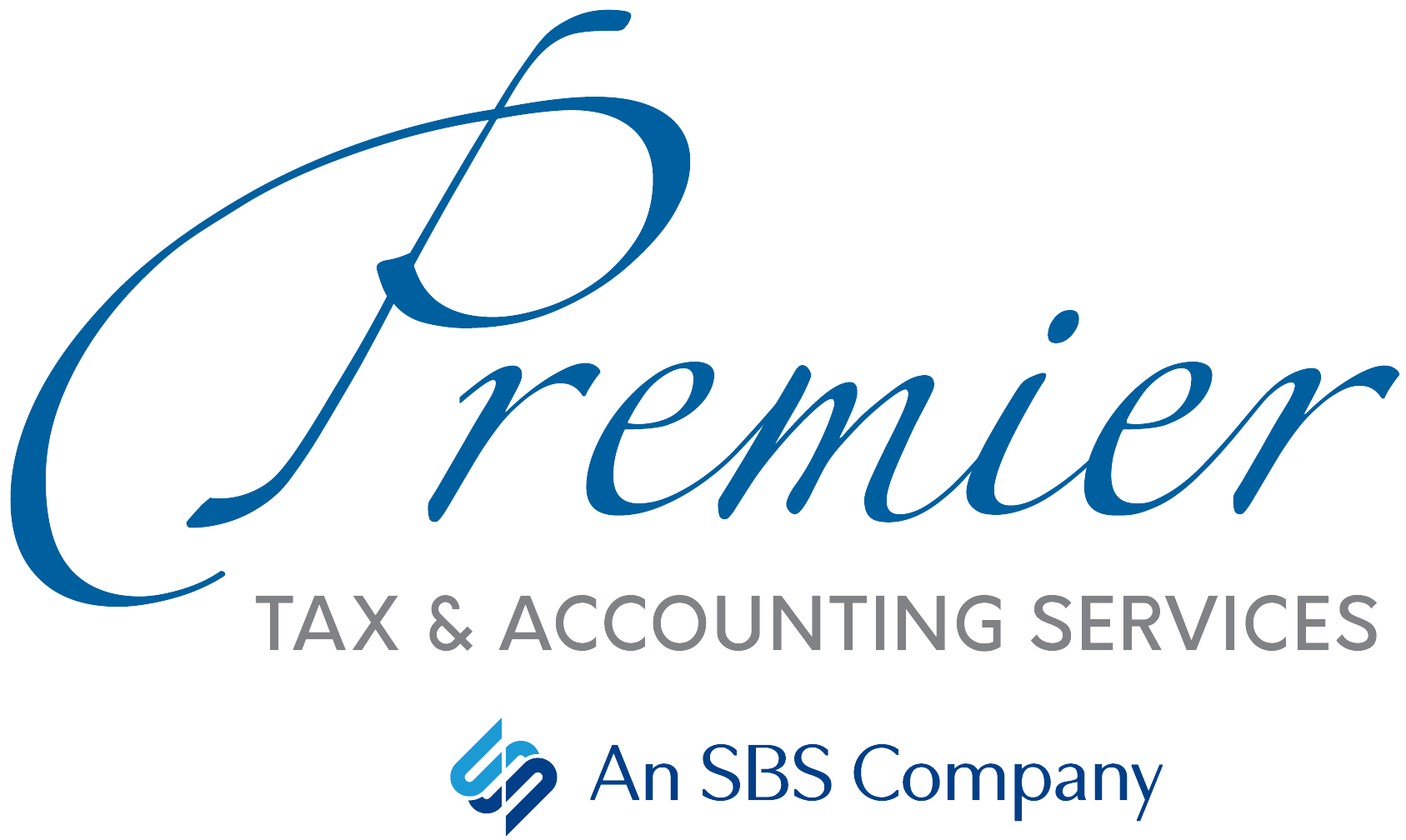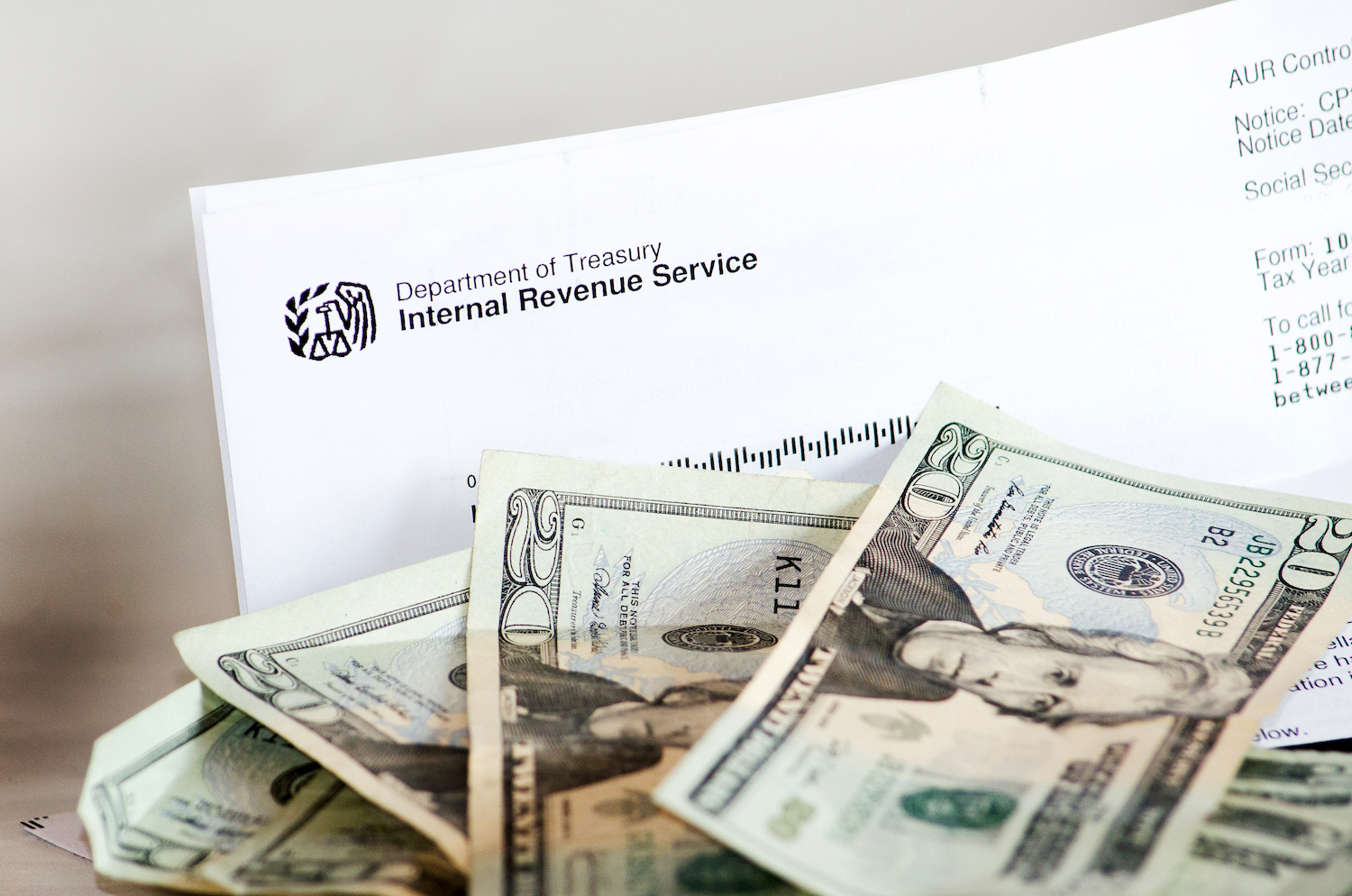Tax Return Deadline: May 17
While the IRS has extended the federal income tax filing due date for individuals to May 17, we can no longer accept returns to meet that deadline. If we have NOT yet received your paperwork, we will be happy to file an extension for you.
To help you prepare your files, please download a copy of our 2020 Personal Tax Preparation Checklist.
- You have a balance due.
- You are due a larger or smaller refund.
- The IRS has a question about your tax return.
- The IRS needs to verify your identity or that of a dependent.
- The IRS is requesting additional information.
- The IRS made changes to your tax return.
What to Do and Not Do
Follow these tips if you receive a notice from the IRS:
• Don’t ignore the letter. Most IRS letters and notices are about your federal tax return or tax account. The notice or letter will explain the reason for contacting you and provide instructions on what to do.
• Read the notice. Read the letter carefully and take the appropriate action. If the IRS changed your tax return, compare the information provided in the notice with the information in your original return. Generally, you do NOT need to contact the IRS if you agree with the notice.
• Respond quickly. If the letter requires a response by a specific date, be sure to reply in a timely manner. This will minimize any additional interest and penalty charges, and preserve your right to appeal.
• Pay any amount due. If you owe money, you should pay as much as you can, even if you cannot pay the full amount. You can pay online or apply for an Online Payment Agreement or Offer in Compromise. The IRS offers several payment options.
• Keep a copy of the notice. Be sure to keep a copy of any notice or letter you receive with your other tax records. You may need these documents later.
• Contact the IRS only if necessary. If you must contact the IRS by phone, use the number provided in the upper right-hand corner of the notice, and have a copy of your tax return and letter when calling. Typically, you only need to contact the IRS if you don’t agree with the information, if the IRS requests additional information, or if you have a balance due. Generally, it’s best if you write to the IRS at the address on the notice and keep a copy for yourself; allow at least 30 days for a response.
• Beware of scams. The IRS will not contact you using social media or text message. The first contact from the IRS usually comes in the mail. If you are unsure if you owe money to the IRS, you can review your tax account information on IRS.gov.
We’re Here to Help
While getting a letter from the IRS in the mail can be intimidating, you don’t have to worry. If we prepared your taxes, we’ll help you respond to the IRS letter with the appropriate information. Just email us a copy of the letter you received. If you have any questions or concerns, please contact us. We’re here to help!
Reminder: Dine Out and Take a Tax Deduction
The Taxpayer Certainty and Disaster Relief Act of 2020 (enacted in December) temporarily allows a 100% business expense deduction for meals as long as the expense is for food or beverages provided by a restaurant. The previous deduction was limited to 50%. This provision is effective for expenses incurred from January 1, 2021, through December 31, 2022.
Should You Be Paying Excise Taxes?
An excise tax is imposed on the sale of specific goods or services, such as fuel, airline tickets, heavy trucks, highway tractors, tires and tobacco, or on certain uses, such as indoor tanning. Excise taxes typically help fund projects related to the taxed product or service, such as highway paving projects or airport improvements.
Depending on the good or service, excise tax may be imposed at the time of:
- Import,
- Sale by the manufacturer,
- Sale by the retailer, or
- Use by the manufacturer or consumer.
If you are subject to excise tax, you must file one or more of the following forms:
- Form 720, Quarterly Federal Excise Tax
- Form 2290, Heavy Highway Vehicle Use Tax
- Form 8849, Claim for Refund of Excise Taxes, Schedules 1, 2, 3, 5, 6 and 8
If you’re unsure if your business should be paying and filing excise taxes, give us a call. We can help you determine your status and take care of any paperwork.



